Annie Folk has run the Language Centre Bookshop in Perth since 1982. I had the chance to chat to her what got her started and what keeps her going.
So Annie, how did you get into the bookselling business?
In 1982, there were no language bookshops in Perth. We had to order books from Sydney. So it seemed like a great idea to combine my two areas of expertise: teaching and working for a publishing house.
I began in North Perth, sharing a shop. I had $5000 in the bank account and I couldn’t afford stock, so I borrowed samples. Then I took other jobs to support the business. I sometimes think I must have been crazy… because running a business is sheer lunacy at one level, but I’m a stubborn son of a gun and that’s what I do.
Do you have any personal experience of language learning?
I’m up to language #6 in ‘short course’ study, but I also know what it’s like to be an ESL learner. I was born in Australia, but I didn’t speak English till I went to school. We spoke German at home.
Like a lot of kids in this situation, I grew up helping my father, who was a master plumber, by writing all his business letters for him. When I listened to him speak, I always wondered why he said things like ‘develOPments’. Later I realised that he came from a syllable-timed language, where all syllables have equal stress, whereas English is a stress-timed language. It was all fascinating to me.
Then at teacher’s college I had a fantastic lecturer in multicultural education, and my first posting was to a school that was 90% migrant. So I was thinking along those lines and the opportunities presented themselves.
Tell us about the highs and lows of running a bookshop
First the lows: the increasing tendency of people to come into the shop, get advice and recommendations, then go off and buy from the internet.
The highs: I still love the job because every day is Christmas Day! Parcels arrive and I get to open them and see what’s inside. Who else can say that? I haven’t lost that enthusiasm.
Another high has been the chance to be a trendsetter. When people come into the shop, I can introduce them to things I’ve tracked down that they wouldn’t have thought of, like recordable devices and talk balls. Teaching language is all about finding different ways to present the same thing over and over again, so you need to have something new to offer.
What have you got in stock at the moment?
ESL books, dictionaries, books in 130 languages, phrasebooks, packs, software, teaching aids like stickers, recordable devices, photocopy masters, readers, games, big books, posters, charts, flags, gifts… even a preloved section.
That covers the ‘browse’ factor – what else does a physical bookshop have to offer?
Often people come in looking for a guiding hand. They might be a volunteer from a church group, or a teacher, but if they haven’t got a specific title in mind, they’ll need assistance to clarify what they want. I know what’s available even if we don’t have it on the shelf, and we have new stock coming in all the time. I can do email consultations as well, but I do need a good description of the clientele and their needs.
What have been the most popular English teaching books over the years?
Headway is the ‘golden oldie’ that’s been amazingly popular, but it’s now been overtaken by newer books, especially with younger teachers. And of course the Murphy grammar books…
What’s something most people don’t know about you?
I have a second business, selling rock and roll shoes. And I dance rock and roll – you’ve got to balance the mental with the physical!
Thanks, Annie! We had so much to talk about, I’ve saved your tips for teachers and ESL writers for the newsletter… I should also mention that Annie was the ‘voice talent’ for The Coat. With her years of experience, she knew just what was needed (and she’s a great actor).
UPDATE: A newer interview with Annie!

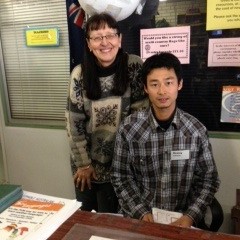
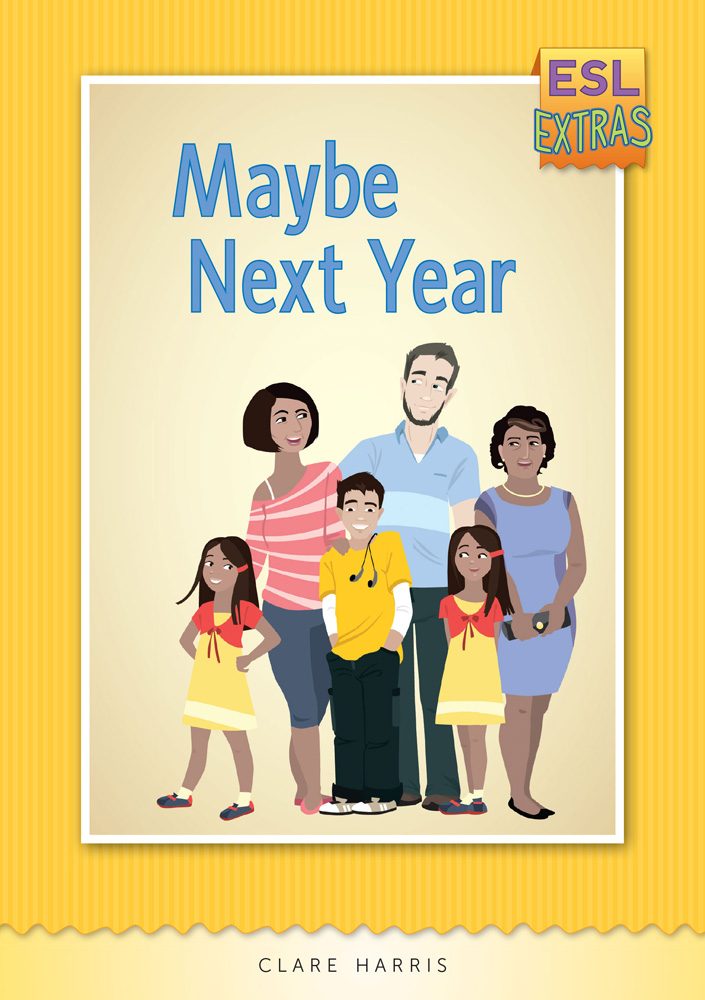
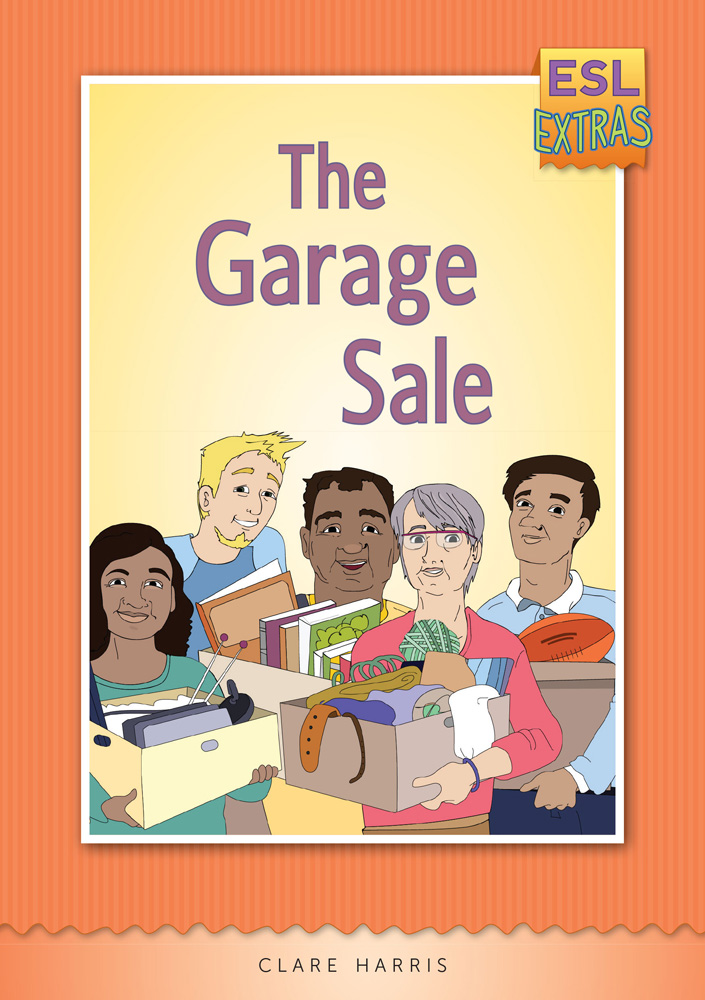
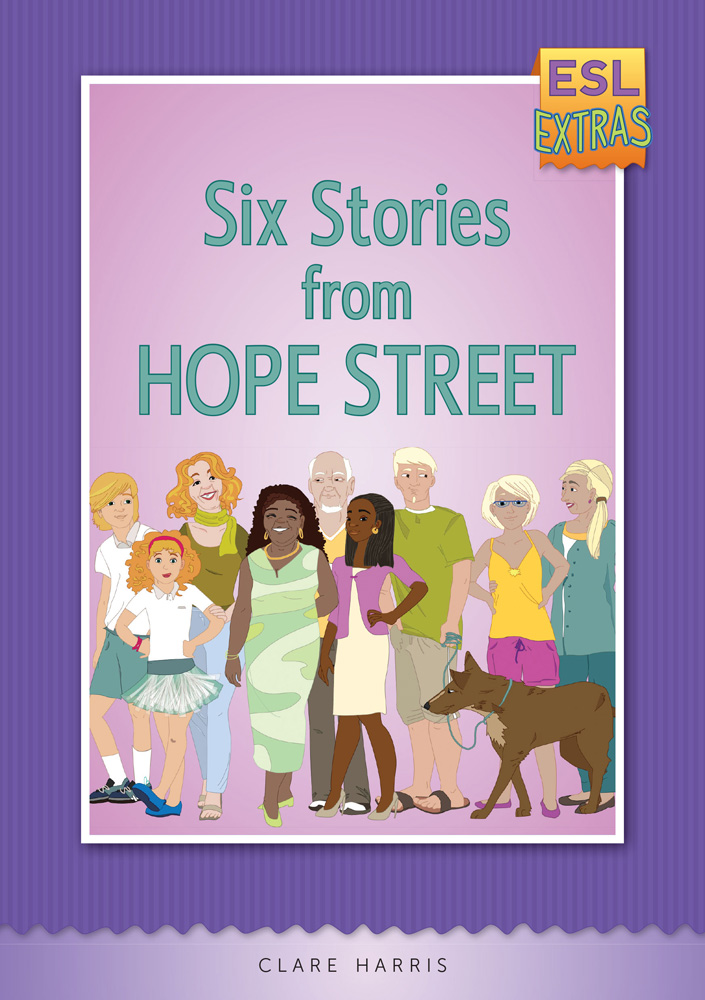
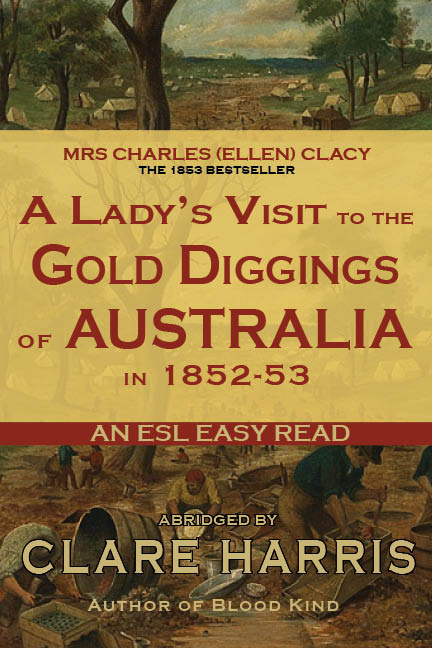
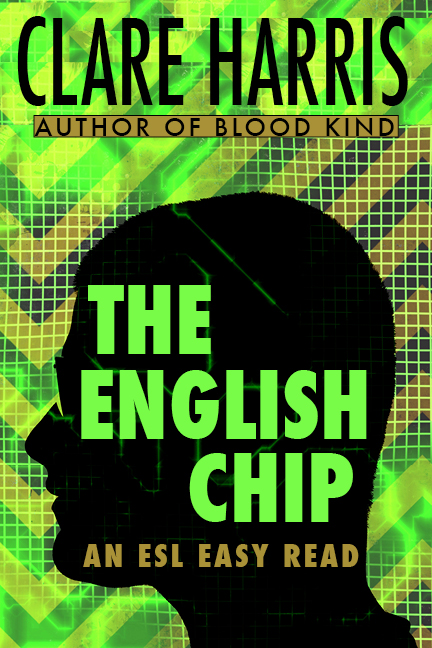
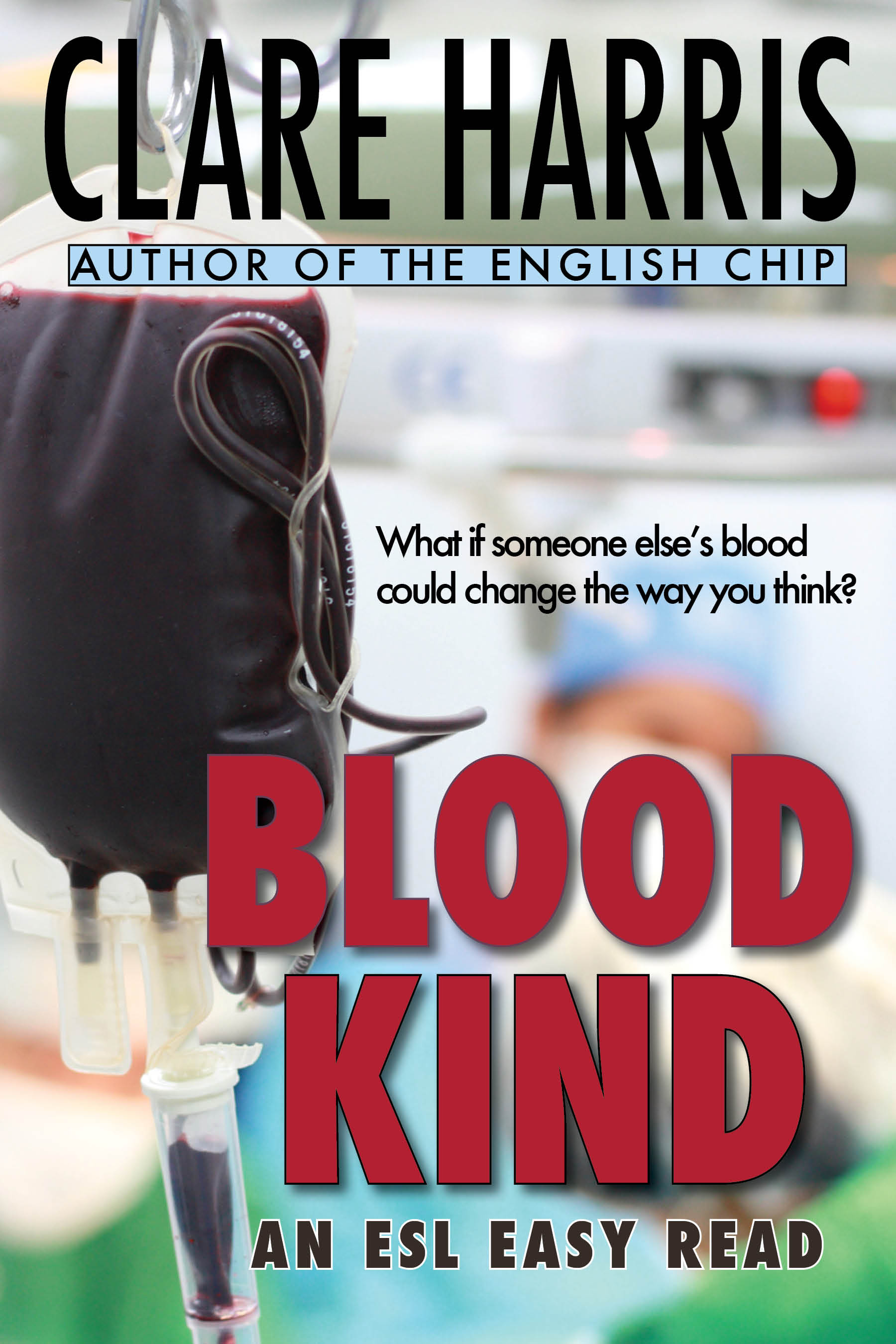

6 responses to Thoughts from an ESL Bookseller: Annie Folk
hello there can i be included in your mailing list thanks
Sure, Mary, I will add you now! No newsletter until I have my new (beginner) books closer to ready… but that won’t be too far off.
Oops – I’m guessing you meant my newsletter, not Annie’s – she has a fab new updated website, by the way 🙂
Comments are closed.